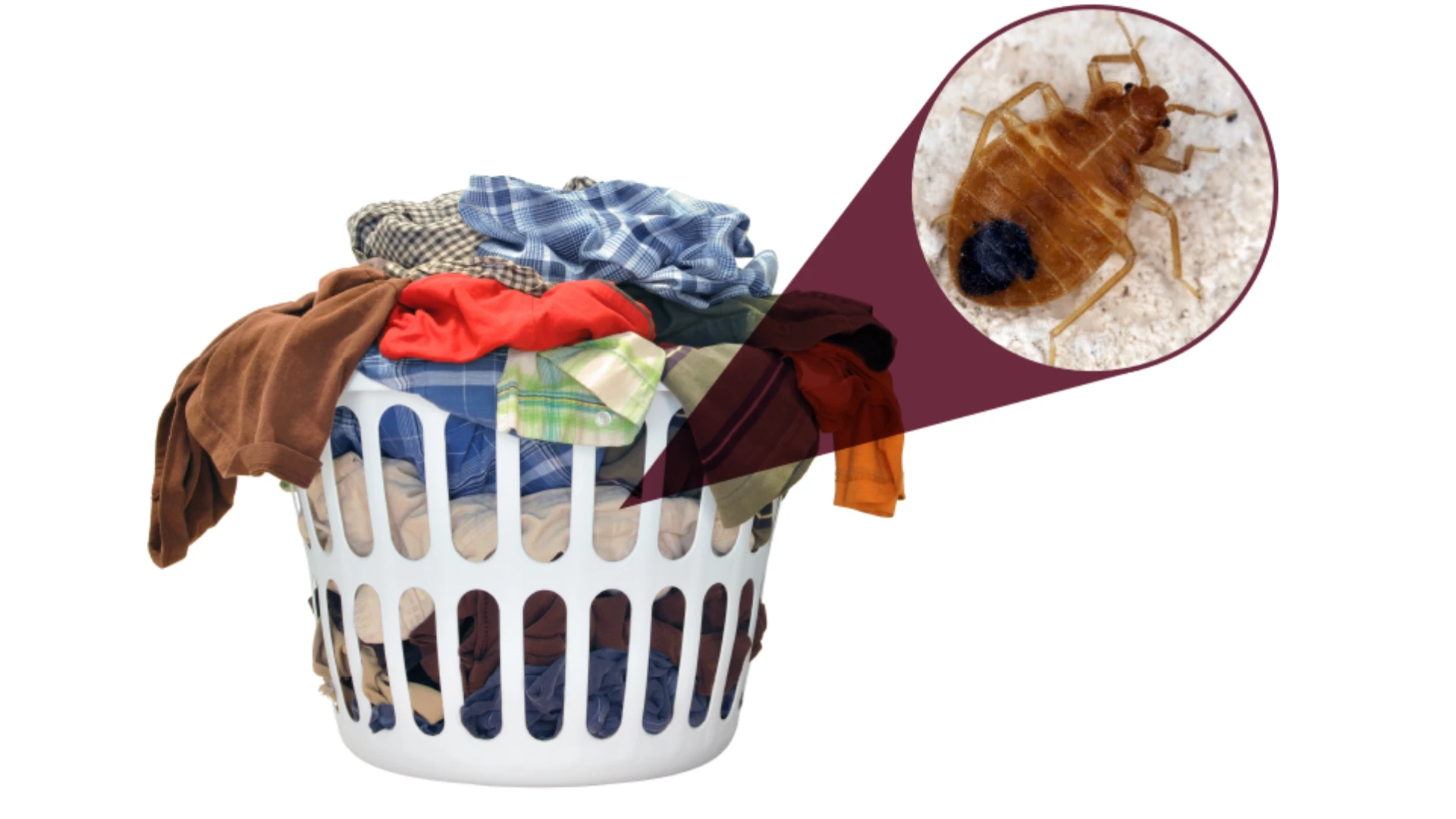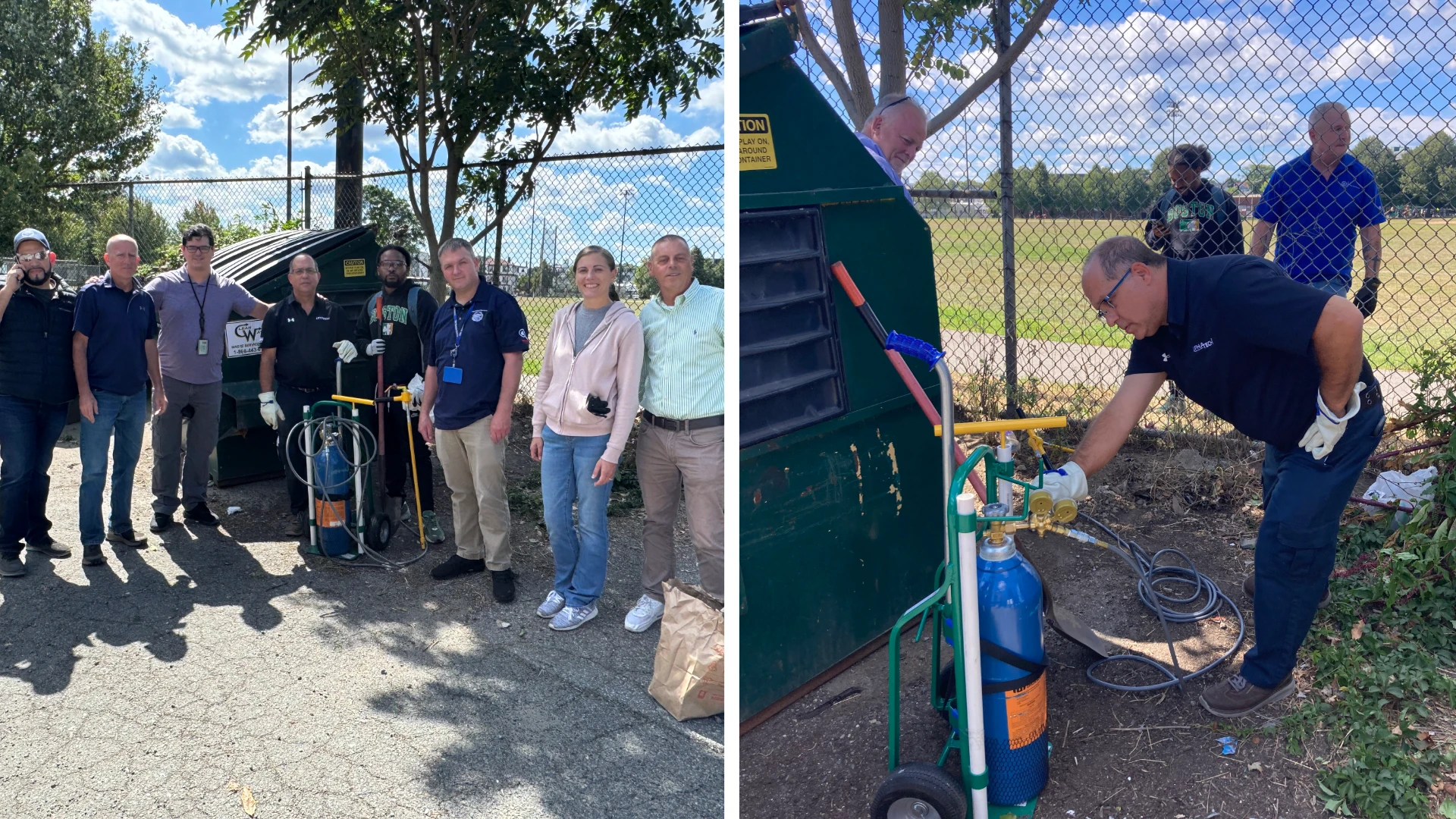Editor’s Note: The following article appeared on Mike Merchant’s blog, “Insects in the City,” which can be found at http://insectsinthecity.blogspot.com. The blog offers readers news and commentary about the urban pest management industry and is excerpted here with permission of the author.
 Awhile back I was speaking to PMPs at a local pest control meeting and we began discussing how much people pay for live insects. My audience was amazed to learn that I will be paying more than $2 apiece for bed bugs for an upcoming project. I could see the wheels turning in every head, calculating “if I had $2 for every bed bug I’ve killed!” And I had to admit that getting paid for both removing and delivering bed bugs sounds like a pretty good deal in this tight economy.
Awhile back I was speaking to PMPs at a local pest control meeting and we began discussing how much people pay for live insects. My audience was amazed to learn that I will be paying more than $2 apiece for bed bugs for an upcoming project. I could see the wheels turning in every head, calculating “if I had $2 for every bed bug I’ve killed!” And I had to admit that getting paid for both removing and delivering bed bugs sounds like a pretty good deal in this tight economy.
My bed bug-requiring project is an insecticide trial; and I need insects of a certain life stage, of guaranteed health and known lineage to ensure that results are consistent and can be replicated. Field caught bed bugs typically vary in age and life stage, and can be damaged during collection. They also are more likely to be genetically variable (making results more difficult to analyze), are of unknown pesticide susceptibility, and cannot be easily re-collected by another researcher who might want to reproduce the results. For these reasons, you can’t just scoop up a few bed bugs and turn around and sell them on Craig’s List (at least for research purposes).
It surprises most people to learn that there are a number of companies — called insectaries — that make money raising and selling live insects for something other than pet food or fish bait. If you have a need for silverfish or cockroaches, cat fleas or house flies, chances are you can find a reputable seller (like my friend Bill Donahue’s Sierra Research Labs, www.sierraresearchlaboratories.com) of these and other pest species. Bed bugs are reared not only for research labs, but also to keep canine handlers supplied with fresh bed bugs for bed bug sniffing dogs.
In addition to pest insects, there are dozens of “beneficial insectaries” that sell beneficial insects for use in biological control programs. They are represented by a trade group called the Association of Natural Biocontrol Producers (ANBP). Most of the insects produced by ANBP member companies are probably of little use to PMPs unless your company also controls insect pests of interiorscapes (indoor live plants) or greenhouses, where biological control has proven most effective. One biological control agent exception is for cockroach parasites, especially tiny parasitic wasps that control brown banded cockroaches. Beneficial nematodes are another example of a non-insect predator that can control some difficult to control soil inhabiting pests like fungus gnats (to give an indoor example).
Finally, consider the butterfly rearing business. There are a growing number of people who rear butterflies for profit. Last year, I paid a visit, with an eager class of master volunteers learning about insects, to a small business in the Dallas area called Butterflies Unlimited (www.butterfliesunlimited.net). Owner Dale Clark explained that the butterfly business is still growing as public and private gardens, museums and even weddings are incorporating butterfly releases into their events.
There appears to be a lesson for all of us in this. There’s more than one way to make a living off of insects.
The author has been an entomology specialist for Texas AgriLife Extension since 1989. Readers can contact him vie e-mail at mmerchant@giemedia.com.

Explore the May 2012 Issue
Check out more from this issue and find your next story to read.
Latest from Pest Control Technology
- Rentokil Terminix Expanded in Key Markets with 2024 Acquisitions
- In Memoriam: Joe Cavender
- Certus Acquires Green Wave Pest Solutions
- Liphatech Adds Alex Blahnik to Technical Team
- Do the Right Sting: Stinging Insect Identification, Management, and Safety
- VAGA's 8th Annual Veterans Thanksgiving Appreciation Dinner
- Clark's Blair Smith on the Response to Increased Dengue Fever Cases in Southern California
- WSDA, USDA Announce Eradication of Northern Giant Hornet from U.S.





